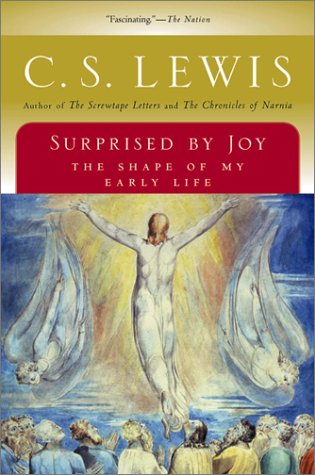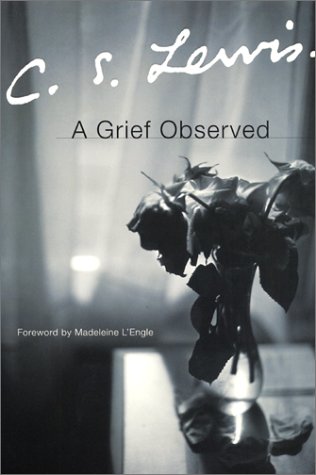We may give our human loves the same unconditional allegiance which we owe only to God. Then they become gods: then they become demons. Then they will destroy us, and also themselves. For natural loves that are allowed to become gods to not remain loves. They are still called so, but can become in fact complicated forms of hatred.This reminds me very much of the woman in The Great Divorce, who chose to love her son above God and so corrupted this love. Actually there are a lot of characters in The Great Divorce who would choose hell over Heaven because of misplaced love.
Lewis defines three types of love: need-, gift-, and appreciative.
Need-love cries to God from our poverty; Gift-love longs to serve, or even to suffer for, God; Appreciative love says: "We give thanks to thee for thy great glory." Need-love says of a woman "I cannot live without her"; Gift-love longs to give her happiness, comfort, protection — if possible, wealth; Appreciative love gazes and holds its breath and is silent, rejoices that such a wonder should exist even if not for him, will not be wholly dejected by losing her, would rather have it so than never to have seen her at all.He does not deny the risks of loving purely, but rather embraces them as part of God's plan for us.













